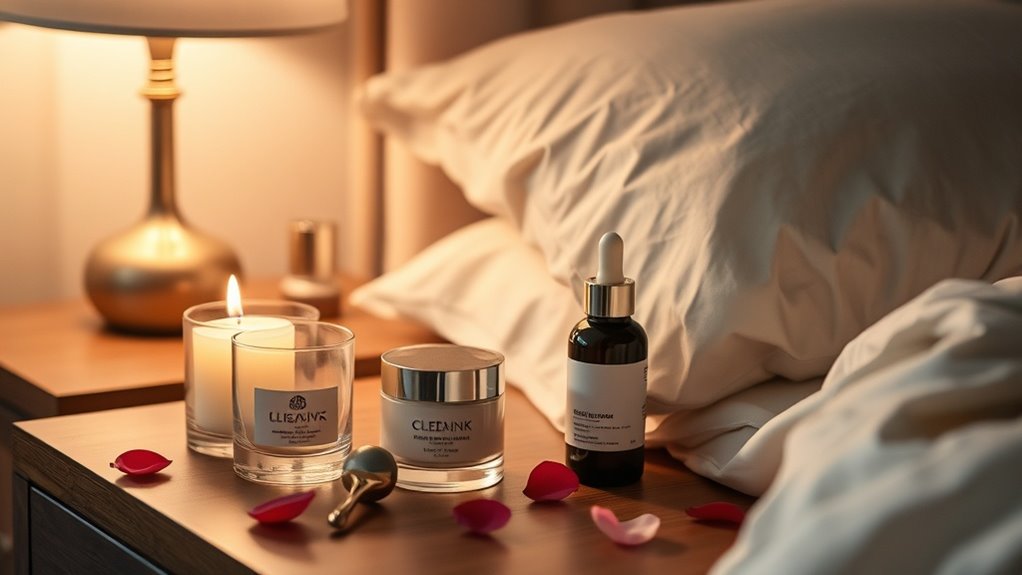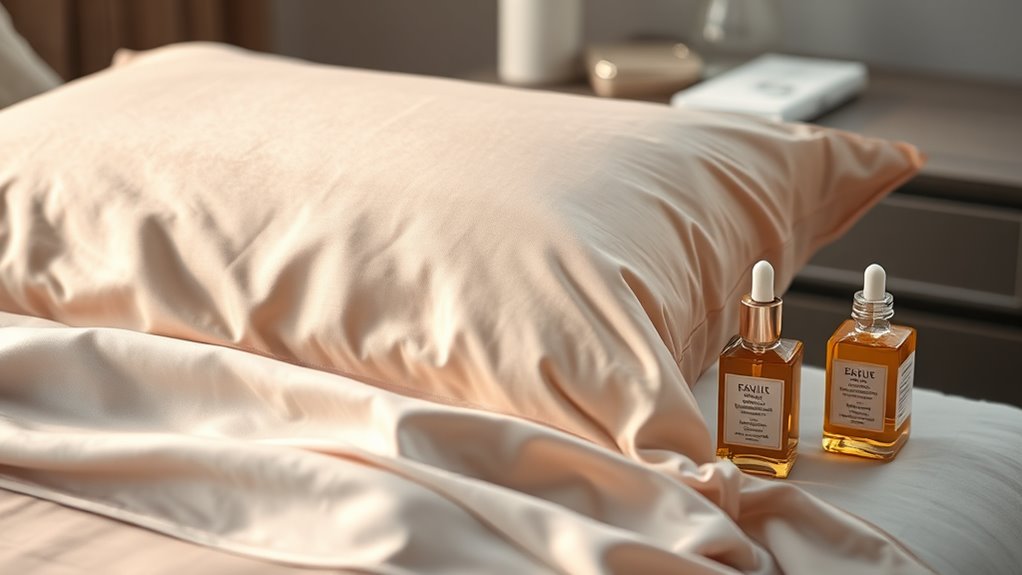How Sleep Affects Your Skin More Than You Think
You might underestimate the impact sleep has on your skin’s health. Quality sleep is essential for cellular repair, collagen production, and maintaining skin elasticity. A lack of restful slumber can manifest as dullness, dark circles, and increased signs of aging. Understanding these connections can reveal why prioritizing sleep is crucial for a vibrant complexion. What specific factors contribute to these skin issues, and how can you enhance your nightly routine to combat them?
The Science Behind Sleep and Skin Health
Have you ever wondered why your skin looks dull after a sleepless night?
Sleep plays a critical role in skin health, as it fosters cellular repair, blood flow, and the production of collagen.
During sleep, your body also releases growth hormones, vital for maintaining skin elasticity and overall vitality. A lack of restorative sleep disrupts these processes, leading to lackluster skin appearance, as inadequate rest increases inflammation and accelerates aging signs.
How Lack of Sleep Leads to Skin Issues
When you skimp on sleep, your skin pays the price.
Lack of sleep can lead to various issues, such as:
- Increased dark circles and puffiness
- Dull complexion and uneven skin tone
- Higher risk of acne breakouts
- Slower healing of existing skin damage
These effects highlight the critical role sleep plays in maintaining healthy, vibrant skin. Inadequate sleep leads to dull skin and impaired barrier function, underscoring the importance of prioritizing your rest for better skin health.
The Role of Sleep in Skin Repair and Regeneration
While you’re asleep, your skin undergoes critical repair and regeneration processes that are essential for maintaining its health and resilience.
During deep sleep, your body increases collagen production, reducing wrinkles and fine lines.
Additionally, cell turnover accelerates, helping to repair damage and improve skin tone.
Prioritizing adequate sleep ensures your skin effectively recovers, supporting its overall appearance and vitality.
Furthermore, quality sleep triggers cell regeneration, which is key to enhancing skin health and fighting signs of aging.
The Connection Between Sleep Quality and Inflammation
Quality sleep plays a crucial role in regulating inflammation within the body, including the skin.
When you sleep poorly, inflammation can increase, leading to various skin issues.
Factors affecting this connection include:
- Elevated cortisol levels
- Reduced skin barrier function
- Impaired blood flow to the skin
- Increased oxidative stress
Prioritizing quality sleep can mitigate these inflammatory responses and enhance your overall skin health. Additionally, stress levels can significantly influence skin inflammation, making it essential to manage stress for improved skin condition.
Tips for Improving Sleep to Benefit Your Skin
To ensure your skin reaps the benefits of restorative sleep, it’s essential to adopt effective habits that promote restful nights.
Establish a consistent sleep schedule, create a calming bedtime routine, and limit screen time before bed.
Keep your sleep environment dark, cool, and quiet.
Additionally, reduce caffeine and alcohol intake, as these can disrupt sleep and negatively impact your skin’s appearance. Incorporating a relaxing wind-down routine can lower stress hormones, further enhancing your skin’s recovery during sleep.
Products and Routines to Enhance Nighttime Skin Care
Achieving restorative sleep sets the stage for an effective nighttime skincare regimen. To maximize your results, incorporate these essential products and routines:
-
Gentle cleanser: Remove impurities without stripping skin.
-
Retinol serum: Boost cell turnover for smoother skin.
-
Hydrating moisturizer: Lock in moisture overnight.
-
Silk pillowcase: Reduce friction and prevent creases.
These elements work synergistically to enhance your skin’s health while you sleep. Additionally, prioritizing hydration through products that contain hyaluronic acid can significantly improve skin texture and elasticity.





